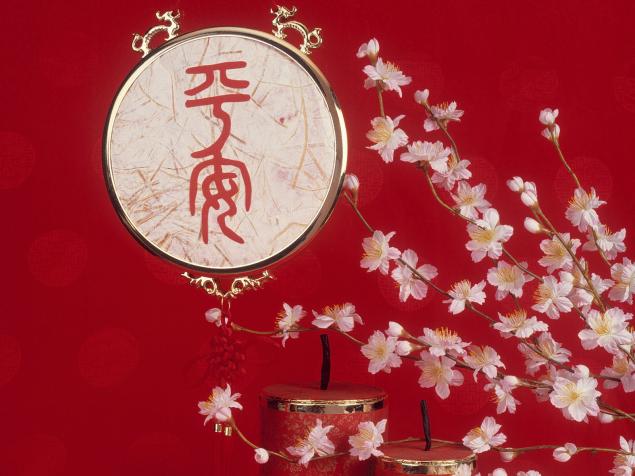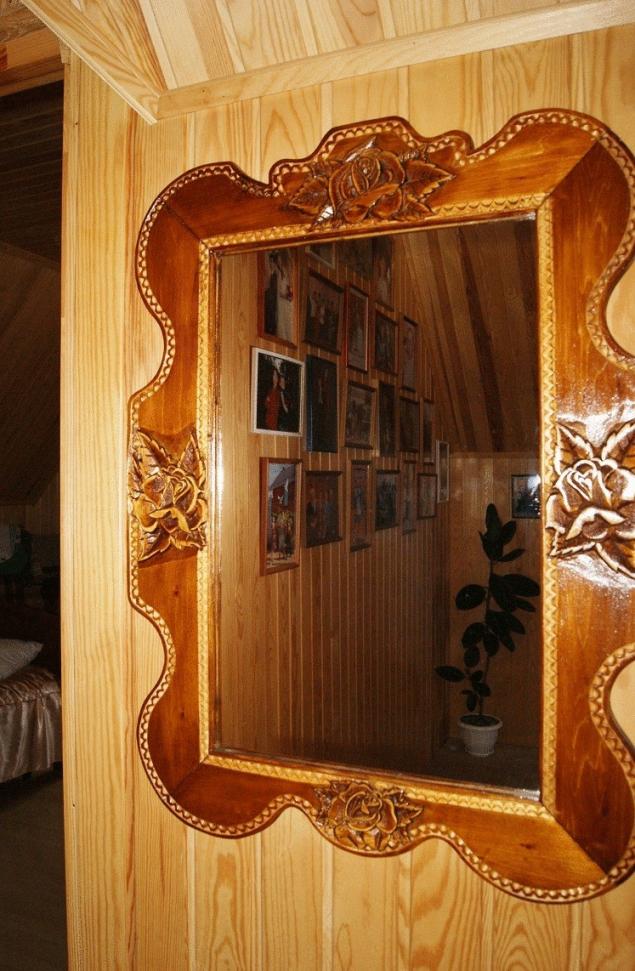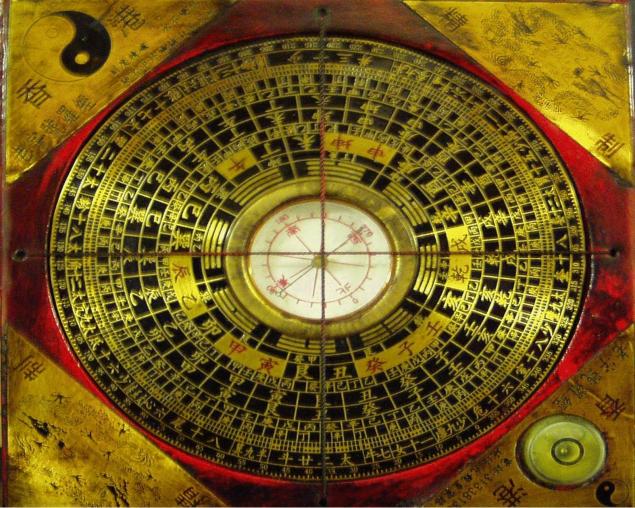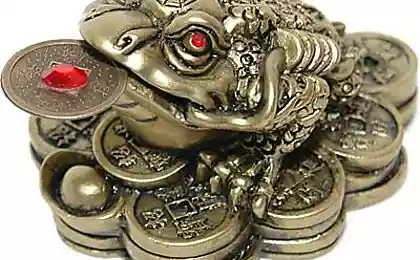964
Seven myths about Feng Shui
The most popular among our countrymen received the ancient teachings of Feng Shui, came to us around the end of the last century from China. The Chinese since ancient times used this doctrine in their daily lives, making the space around them in harmony with nature. But, like all mysterious and not understood, the doctrine of Feng Shui has quickly grown about laws and regulations. So, we debunk seven of the most common myths about Feng Shui.

The first myth. The toilet lid should be kept closed, so that wealth flowed out of the house. Though the Chinese and was in ancient times a highly developed civilization, "the water closet" was invented much later and without them. A second myth. Red color in Feng Shui symbolizes success in love and financial matters, and this is not enough. Perhaps all this would be so if, according to the doctrine, an excess of red would not violate the harmony and does not lead to aggression.

The third myth. Mirror opposite the entrance door reflects the positive energy, not allowing it to enter the house. This rule has nothing to Feng Shui. The fourth myth. Plants should not be in the bedroom. Here is the incorrect interpretation of doctrine. In the original we are talking about fading bouquets and all of the cut flowers.

The fifth myth. The must be statuettes depicting gods (Buddha, for example) and various animals and mythical creatures, allegedly bringing good luck and prosperity. Unfortunately, this is nothing more than speculation and superstition. Feng Shui or anything like teaches. Myth number six. Small domestic ponds – a source of positive energy. Perhaps it is because the aquarium or a fountain in many interiors it is really area harmony with nature. But should not this effect is attributed to Feng Shui – there is no mention on this.

Myth of the seventh. Ending a relationship with a person, you need to throw away all items associated with it. In fact Feng Shui makes no such recommendations. Especially stupid to throw away things that are associated with pleasant memories or ones that do not cause any emotions.
Source: /users/147

The first myth. The toilet lid should be kept closed, so that wealth flowed out of the house. Though the Chinese and was in ancient times a highly developed civilization, "the water closet" was invented much later and without them. A second myth. Red color in Feng Shui symbolizes success in love and financial matters, and this is not enough. Perhaps all this would be so if, according to the doctrine, an excess of red would not violate the harmony and does not lead to aggression.

The third myth. Mirror opposite the entrance door reflects the positive energy, not allowing it to enter the house. This rule has nothing to Feng Shui. The fourth myth. Plants should not be in the bedroom. Here is the incorrect interpretation of doctrine. In the original we are talking about fading bouquets and all of the cut flowers.

The fifth myth. The must be statuettes depicting gods (Buddha, for example) and various animals and mythical creatures, allegedly bringing good luck and prosperity. Unfortunately, this is nothing more than speculation and superstition. Feng Shui or anything like teaches. Myth number six. Small domestic ponds – a source of positive energy. Perhaps it is because the aquarium or a fountain in many interiors it is really area harmony with nature. But should not this effect is attributed to Feng Shui – there is no mention on this.

Myth of the seventh. Ending a relationship with a person, you need to throw away all items associated with it. In fact Feng Shui makes no such recommendations. Especially stupid to throw away things that are associated with pleasant memories or ones that do not cause any emotions.
Source: /users/147























